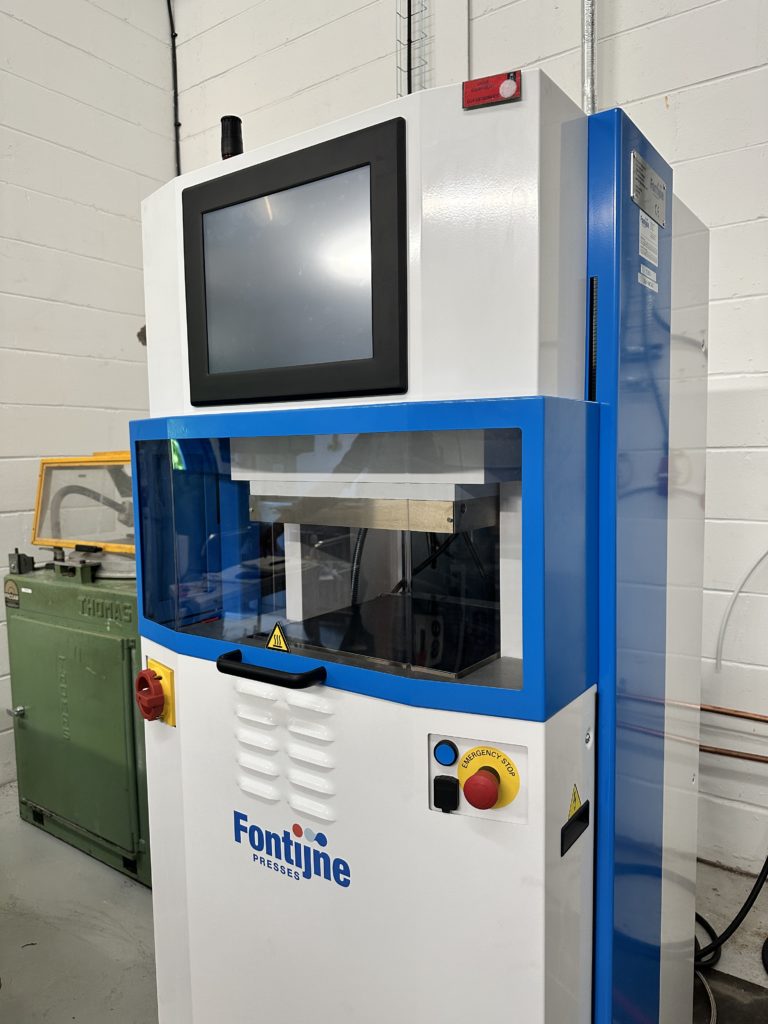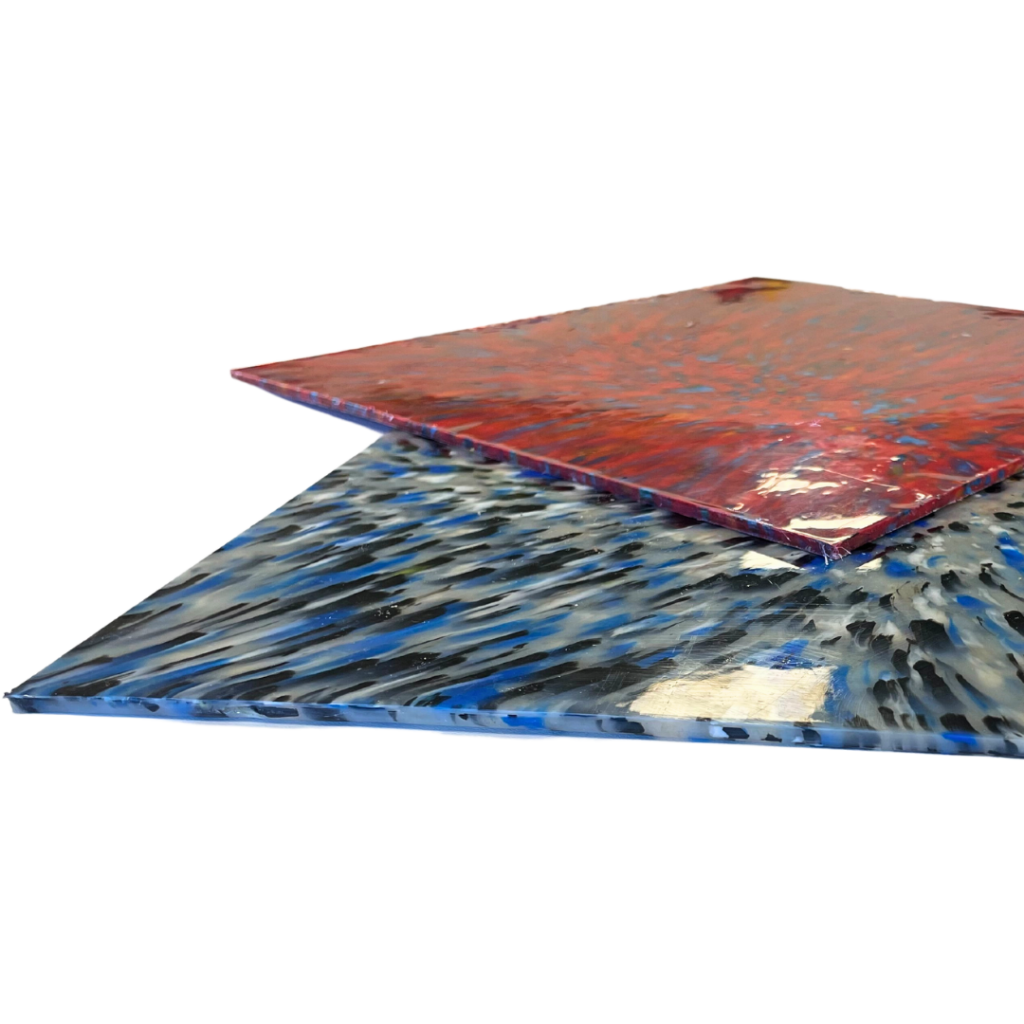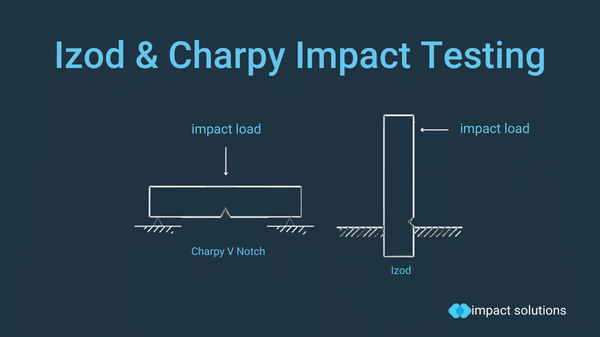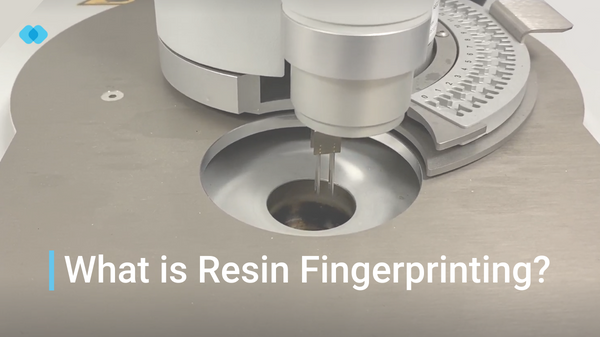Compression Moulding
Compression moulding is a method of forming plaques from polymer in the form of pellets or powder by the application of heat and pressure. The raw plastic is pressed at high temperature for a set period of time to create a plaque. It is an ideal method for creating test samples of material.
Impact Solutions have years of experience in pressing different materials, and the equipment is ideal for making small scale sample plaques. These samples can then be assessed through tests such as tensile, flex, impact, FNCT and weathering.
How Compression Moulding Works
A metal frame with required dimensions and thicknesses is filled with a measured quantity of polymer and placed between two polished metal plates. The assembly is loaded into the press, pre heated to the required temperature. The platens are closed and required pressure is applied for the specified time period. The press is then cooled at a controlled rate. On completion of the cycle the frame assembly is taken out, disassembled and the plaque separated from the frame.
Compression moulding is fundamental for producing plaques with no internal stress or orientation which may affect the test results. It is useful for R&D work especially when the material available is scarce. Our compression press has a platen size of 450mm x 450mm with the capability of delivering low pressure (5bar) and high pressure (100bar). Our experts can control the rate of cooling which is an essential factor in controlling the crystallinity of polymers. Impact Solutions are UKAS accredited to test to ISO 293 and ISO 295 standards. We can press a wide range of plaques from 1mm to 20mm thick and have good experience of producing laminates and composite materials using compression pressing.

Semi Positive Moulding

Compression moulding is a relatively simple way of pressing plaques that test specimens can be machined out of. However it is difficult to press plaques of thickness greater than 10mm due to formation of internal voids, warpage and uneven shrinkage.
Impact Solutions have developed their own method for pressing thick plaques using semi positive moulding. An insulated mould filled with the required amount of polymer is covered with two polished plates on the top and bottom. In the compression press, after allowing the polymer to sufficiently melt, the pressure is gradually applied and controlled during the cooling cycle. This prevents voids, uneven shrinkage and warpage. Our plaques are also tested using ultrasound for voids.
We can press plaques up to 30mm thick and 155mm x 155mm size or 230mm x 230mm sizes. Some of our customers use our plaques as control material or calibrant for their thickness measuring equipment.




